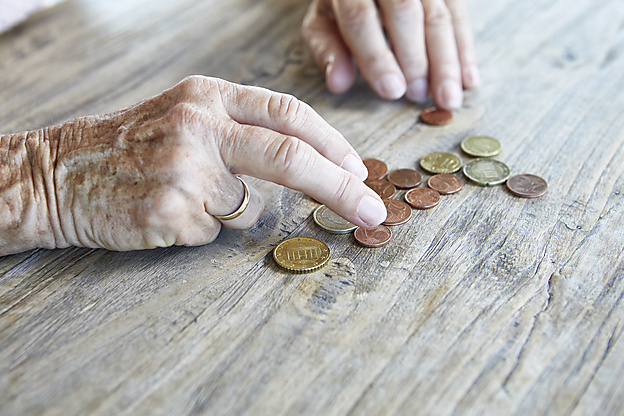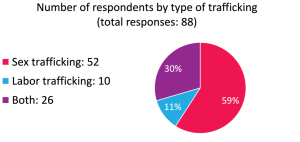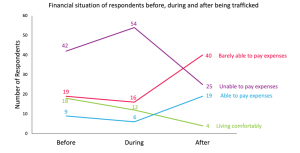Poverty and Human Trafficking: Survey Findings Reveal Racism and Precarity
In this guest blog, survivor leaders Evelyn Chumbow, Fainess Lipenga, and Nat Paul share their findings from an anonymous survey exploring trafficking survivor experiences with poverty.




